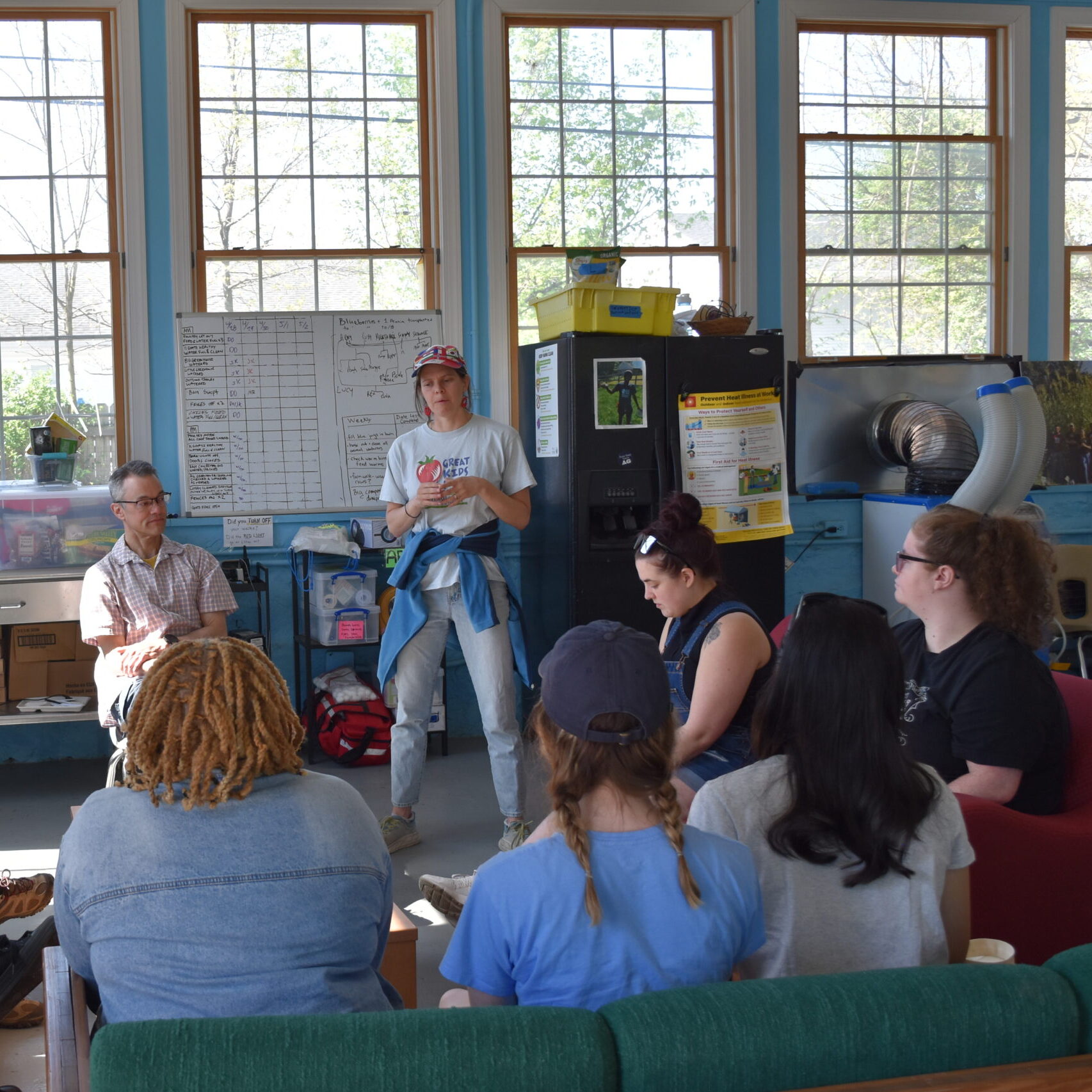Our Education Program
The field of Planetary Health offers a critical insight: that the natural life support systems we all depend upon are beginning to crumble under the weight of humanity’s ecological footprint. Meeting this moment requires transformational change in the production of energy, food, and manufactured goods; in green chemistry; and in urban planning. Every sector will have something important to contribute from law and policy to business and economics, from engineering and the natural sciences to the arts and humanities.
The movement to advance Planetary Health Education for learners of all ages continues to gain momentum worldwide. Interested in integrating Planetary Health into a course you teach at JHU? Explore resources and request support through JHIPH’s Planetary Health Education Toolkit.

Our Goal
To integrate Planetary Health into JHU’s curriculum to offer all students, regardless of division or discipline, a framework for understanding the moment global society is facing and the necessity of protecting and regenerating our natural life support systems to protect all life on Earth.
Education Activities
Analyzing JHU’s Planetary Health Curriculum
JHIPH conducted a Planetary Health Course Landscape Analysis to identify Planetary Health gaps and opportunities across the curriculum and provide insights for curriculum enhancement, faculty engagement, and interdisciplinary collaboration. In an analysis of JHU’s extensive catalog of over 10,000 courses, we identified:
- 6: Explicitly use the words “Planetary Health”
- 222: Closely relate to Planetary Health (e.g., systems approach, environment, and health)
- 248: Are adjacent to Planetary Health (e.g. climate change)
- 226: Potentially intersect with Planetary Health (e.g. biotechnology and health security)
This represents a crucial step toward integrating Planetary Health into education at all levels at JHU and provides a replicable process for mapping Planetary Health curriculum at any university with a searchable course catalog.
Convening University-wide Faculty on Planetary Health
In April 2025, JHIPH hosted a Planetary Health Education gathering to deepen the connection between Johns Hopkins faculty, teaching assistants, JHIPH, and PHA, and to strategize how to integrate Planetary Health into JHU courses. Faculty and staff from university-wide divisions attended the convening, working together to identify and define the types of support needed to incorporate Planetary Health concepts and competencies in curriculum.
Outlining Education’s Pivotal Role in Advancing Planetary Health
A manuscript is being published outlining the critical role of education in advancing Planetary Health. In it, the authors identify considerations unique to Planetary Health education and conclude with a series of research priorities, proposing ways educational research communities can support practitioners in advancing global understanding of Planetary Health education.
Preparing Future Educators to teach Planetary Health
Environmental Science as Social Justice, a new course taught at the School of Education, trains K-12 educators on the integration of Planetary Health and environmental justice in their classrooms. Offered in Spring 2025, this course is cultivating a pipeline of teachers who see the application of Planetary Health in the subjects they teach and are adept at communicating these concepts to their students.

View JHIPH’s Education Toolkit
Explore JHIPH’s curated toolkit of resources to help educators integrate Planetary Health into their classrooms—including a consultation form to request support from our Education team. View the toolkit.

View global resources on Planetary Health education
Browse the Planetary Health Alliance’s curated collection of resources designed to empower educators in inspiring the next generation of leaders and advocates.
Visit phaFaculty Directors
 Megan Latshaw |  Hunter Gehlbach |
Interested in learning more?
For support with integrating Planetary Health into education at JHU, or for any other questions, please contact Stacy Villegas.


